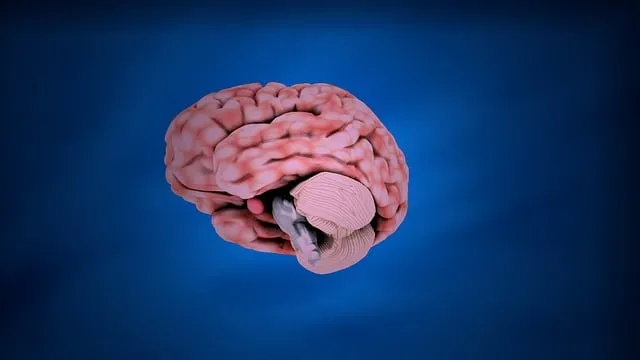Kaiser Permanente Mental Health Lakewood prioritizes harm minimization through comprehensive risk assessment, empowering individuals with self-care tools for lifelong mental wellness. Their holistic approach includes positive thinking, stress management workshops, and evidence-based interventions to prevent crisis escalation. By fostering a culture of safety, resilience, and proactive support systems, they enhance patient care and community well-being, ensuring sustainable recovery and compassionate healthcare.
“In today’s complex healthcare landscape, effective risk assessment and harm minimization planning are essential components of comprehensive patient care. This article explores these critical strategies through a unique lens, focusing on the innovative practices employed by Kaiser Permanente Mental Health Lakewood. We’ll delve into ‘Understanding Risk Assessment’ as the cornerstone for successful harm reduction, followed by an in-depth look at their proven approach and implementation of effective community support strategies.”
- Understanding Risk Assessment: A Foundation for Harm Minimization
- The Kaiser Permanente Mental Health Lakewood Approach to Planning
- Implementing Effective Strategies for Harm Reduction and Community Support
Understanding Risk Assessment: A Foundation for Harm Minimization

Understanding Risk assessment forms the bedrock upon which effective harm minimization planning at organizations like Kaiser Permanente mental health Lakewood thrives. It involves a meticulous process of identifying potential hazards, evaluating their likelihood and impact, and implementing strategies to mitigate or prevent them from causing significant harm. This proactive approach goes beyond merely reacting to incidents; it’s about anticipating risks and fostering a culture of safety and resilience within the workplace.
For Kaiser Permanente mental health Lakewood, this translates into a comprehensive framework that encompasses not just physical safety but also psychological well-being. By prioritizing Self-Esteem Improvement and integrating Stress Management Workshops Organization as part of their risk management strategy, they empower employees to adopt effective Self-Care Practices. This holistic approach ensures that the organization, its employees, and ultimately the community it serves, are better equipped to navigate challenges, fostering a safer and healthier environment.
The Kaiser Permanente Mental Health Lakewood Approach to Planning

At Kaiser Permanente Mental Health Lakewood, we prioritize a holistic approach to harm minimization planning, focusing on empowering individuals with tools for lifelong mental wellness. Our strategy revolves around fostering positive thinking and encouraging effective mood management techniques as foundational elements of our care framework. By integrating these practices into daily life, we equip our clients with resilience against potential crises.
The organization’s commitment to excellence is evident in our comprehensive Crisis Intervention Guidance, which goes beyond immediate response. We believe that proactive planning and continuous support are key to preventing escalations. Through tailored interventions, we guide individuals toward developing coping mechanisms that promote sustained recovery and overall well-being.
Implementing Effective Strategies for Harm Reduction and Community Support

Implementing effective strategies for harm reduction and community support is a critical component of risk assessment and harm minimization planning, especially in areas like Kaiser Permanente mental health Lakewood. These strategies aim to mitigate potential risks and provide proactive support systems that can significantly enhance patient care and well-being. By integrating evidence-based practices, the organization can create a robust safety net for its clients.
Communication strategies play a pivotal role here. Mental Health Policy Analysis and Advocacy ensures that these strategies are aligned with best practices and community needs. Moreover, focusing on burnout prevention among healthcare providers is essential to maintain consistent and compassionate care. Through collaborative efforts, Kaiser Permanente can foster an environment where harm reduction becomes a collective priority, ultimately improving patient outcomes and community resilience.
Risk assessment and harm minimization planning are critical components of creating safe, supportive communities. As illustrated by the Kaiser Permanente Mental Health Lakewood approach, a comprehensive understanding of risk factors and a strategic focus on harm reduction can significantly improve outcomes for vulnerable populations. By implementing evidence-based strategies that prioritize community support, we can work towards minimizing risks and fostering healthier, more resilient environments, reflecting the innovative practices pioneered by organizations like Kaiser Permanente.






